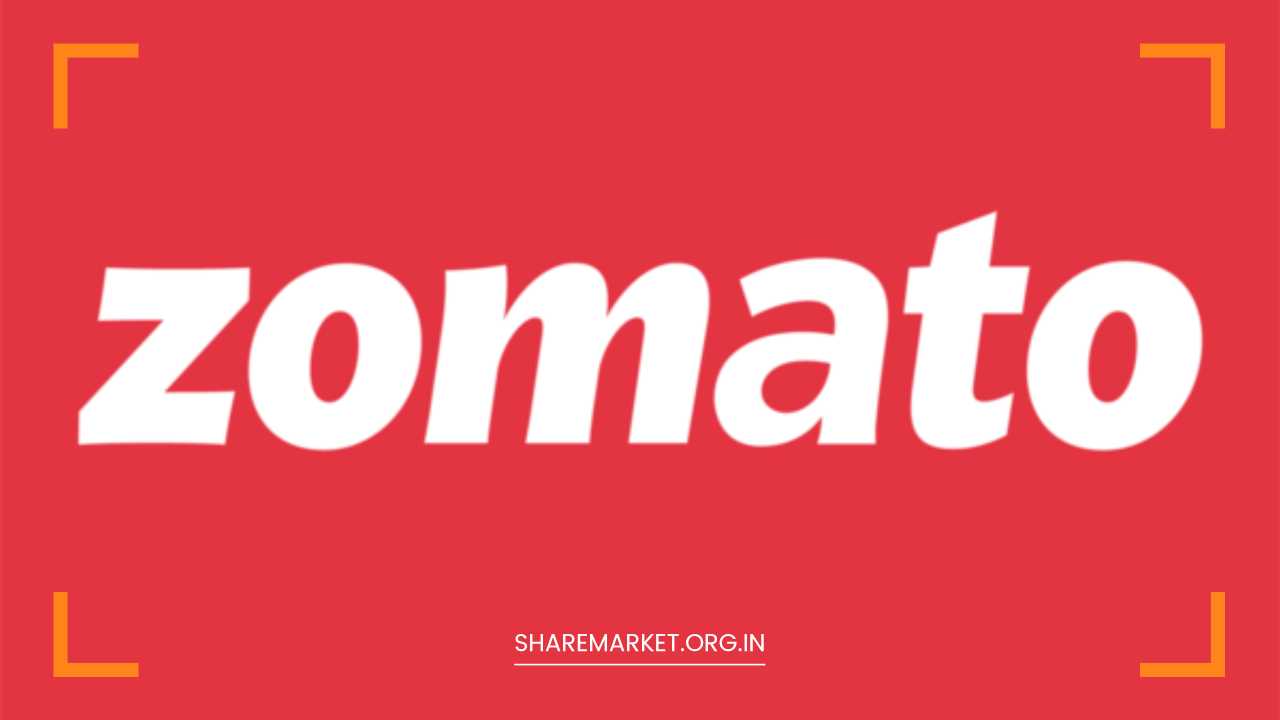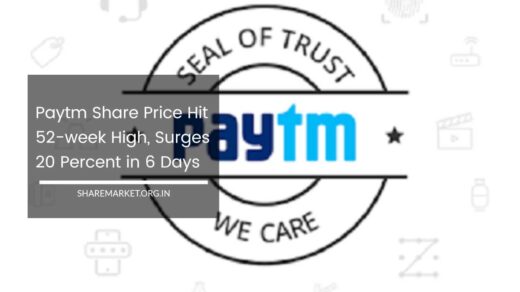Zomato Ordered to Pay Rs 803 Crore GST: What You Need to Know

Zomato
Zomato Ordered to Pay ₹803 Crore in GST Demand: What You Need to Know
Shares of Zomato, one of India’s leading food delivery and quick commerce companies, experienced a turbulent start to trading on December 13, 2024.
In early trading hours, the stock plunged by nearly 2.5%, following the news that the company had been slapped with a significant GST (Goods and Services Tax) demand.
However, the situation quickly reversed, with the stock recovering and moving into the green by the end of the trading session. It closed at ₹288.40, reflecting an overall gain of over 1% for the day.
This recovery highlights the resilience of Zomato’s stock amidst regulatory challenges. The company’s shares have had a remarkable run over the past year, rising nearly 140% in value, a testament to investor confidence in its growth prospects despite the recent setback.
GST Demand of ₹803 Crore
Zomato is facing a massive GST demand amounting to ₹803 crore, following a notice issued by the Joint Commissioner, CGST & Central Excise, Thane Commissionerate, Maharashtra.
The company received the notice on December 12, 2024, which demanded GST dues for the period spanning October 29, 2019, to March 31, 2022.
The GST demand is based on the company’s alleged failure to pay the appropriate tax on delivery charges, a critical element of its operations as a food delivery service provider.
The notice specifies that Zomato owes ₹401.7 crore in GST, including applicable interest. In addition to the tax amount, Zomato has been asked to pay an equal sum as a fine, effectively doubling the demand to ₹803 crore.
This substantial claim has sent shockwaves through the market, as investors digested the news of the demand on the very same day that the stock was trading in the red.
Details of the Notice and Zomato’s Response
The demand comes from the Thane Commissionerate, which issued the notice under Section 74 of the CGST Act, 2017.
The specific issue at hand is Zomato’s failure to pay GST on delivery charges during the period from October 29, 2019, to March 31, 2022.
The authorities argue that Zomato should have levied and paid GST on these charges, which include the costs associated with delivering food to customers.
In a filing with the stock exchanges, Zomato confirmed that it had received the GST notice, and the company stated that it had strong grounds to contest the demand.
According to Zomato, it has consulted with external legal and tax advisors, who support the company’s position that the GST demand is unwarranted.
Zomato believes that it will be able to successfully challenge the claim in court and is preparing to file an appeal with the relevant authorities to contest the order.
The company has expressed confidence that it has a strong legal case, which will help it avoid the hefty payment.
This assurance is significant because the outcome of this legal battle will not only affect Zomato’s financial standing but may also set a precedent for the broader food delivery and e-commerce sectors in India, which have faced increasing regulatory scrutiny in recent years.
Stock Performance Amid Regulatory Hurdles
The GST demand news hit Zomato’s stock hard in early trading, as investors reacted to the potential financial strain the company could face.
After the initial shock, the stock recovered, moving into positive territory, closing the day with a gain of ₹1.60, or about 1% higher than the previous day’s close.
The initial dip to ₹277.90 from a previous close of ₹284.70 was a concerning sign for investors, but the subsequent recovery suggests that market sentiment around Zomato remains positive.
The company’s ability to recover quickly from the initial drop may indicate strong investor belief in Zomato’s long-term prospects, despite short-term regulatory challenges.
Over the past year, Zomato’s stock has surged by nearly 140%, reflecting a broader optimism about the growth of the food delivery and quick commerce sectors.
The company has managed to expand its market share and deliver impressive revenue growth, especially as the demand for online food delivery has surged in India.
However, as the company grows, it is also facing greater regulatory scrutiny, which could lead to further challenges in the future.
Zomato’s Recent Financial Moves and Growth Strategy
The news of the GST demand comes shortly after Zomato raised ₹8,500 crore through a Qualified Institutional Placement (QIP) in November 2024.
This fundraising move was seen as a significant step in bolstering the company’s financial position and providing capital to fuel its expansion.
The QIP was oversubscribed, reflecting investor confidence in Zomato’s business model and growth prospects, despite ongoing regulatory hurdles.
The funds raised will likely be used for strategic investments, such as expanding its reach in the food delivery market, enhancing its technology platform, and strengthening its logistics network.
Zomato has been focusing heavily on scaling its quick commerce and grocery delivery services, areas that have seen a rapid surge in demand post-pandemic.
The company is also increasing its efforts to improve its margins and profitability as it competes with other players in the crowded food delivery space.
In addition to its growth strategy, Zomato has been working on diversifying its revenue streams. It has ventured into new verticals, including restaurant management software and digital advertising, which could help offset any financial strain caused by the GST demand.
Outlook for Zomato
Looking ahead, Zomato’s future depends on how well it can navigate regulatory challenges like the current GST demand.
The company’s ability to successfully appeal this case could set an important precedent, both for itself and for the broader e-commerce sector in India.
Moreover, Zomato’s robust financial position, coupled with its recent fundraising success, puts it in a strong position to weather the storm in the short term.
The company’s stock has proven resilient in the past, and with a strong growth trajectory, investors are optimistic about its future prospects, even as regulatory hurdles continue to arise.
The outcome of this GST dispute, along with Zomato’s ability to maintain its market share and expand into new verticals, will be crucial to determining its long-term success.
For now, Zomato remains a key player in the food delivery and quick commerce sectors, with investors keeping a close eye on how the legal battle unfolds.
Final Remarks
Zomato’s recent GST demand of ₹803 crore has raised concerns among investors, but the company’s strong legal stance and recent fundraising efforts may help it navigate this challenge.
As the company continues to grow, it will need to manage regulatory scrutiny while maintaining its competitive edge in the rapidly evolving food delivery sector.
Whether or not Zomato can successfully appeal the GST demand will have significant implications for its financial outlook and investor confidence going forward.

















